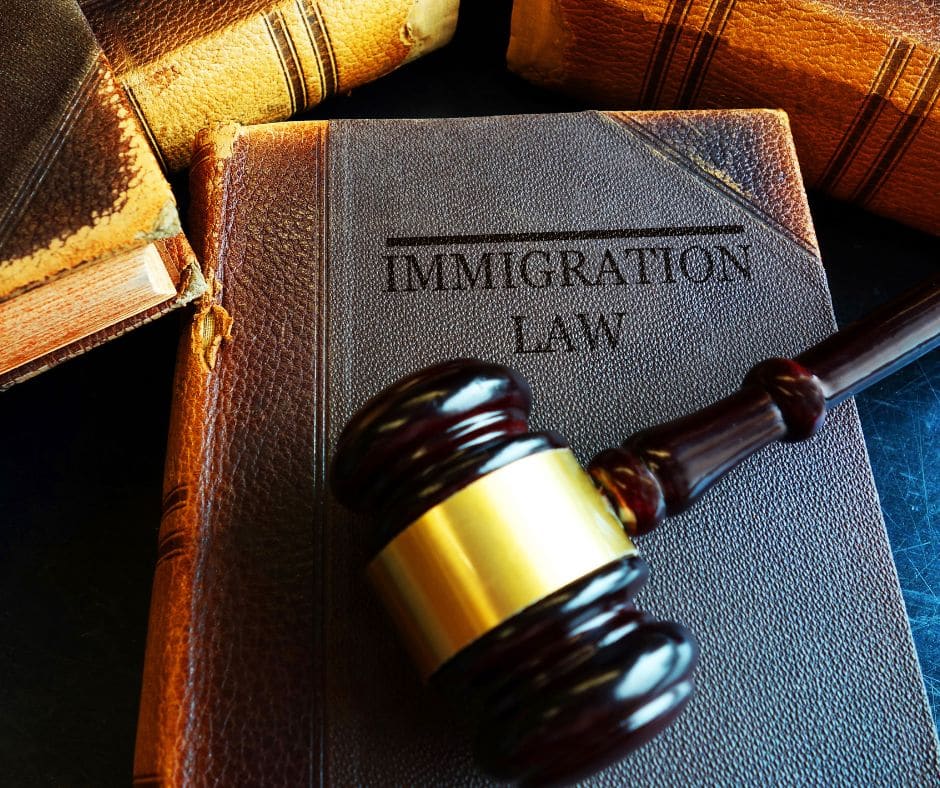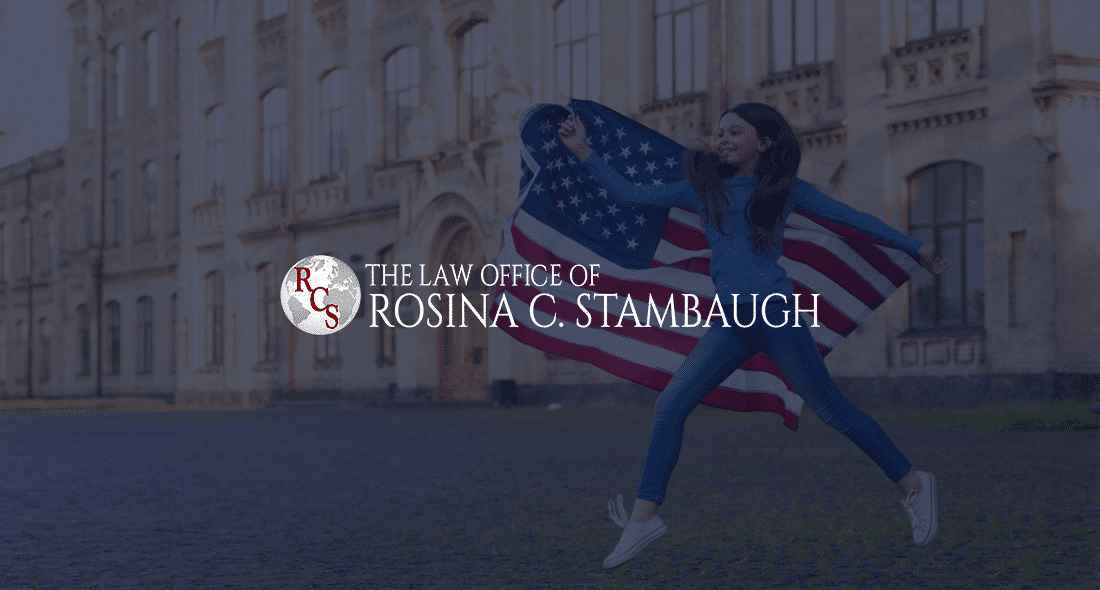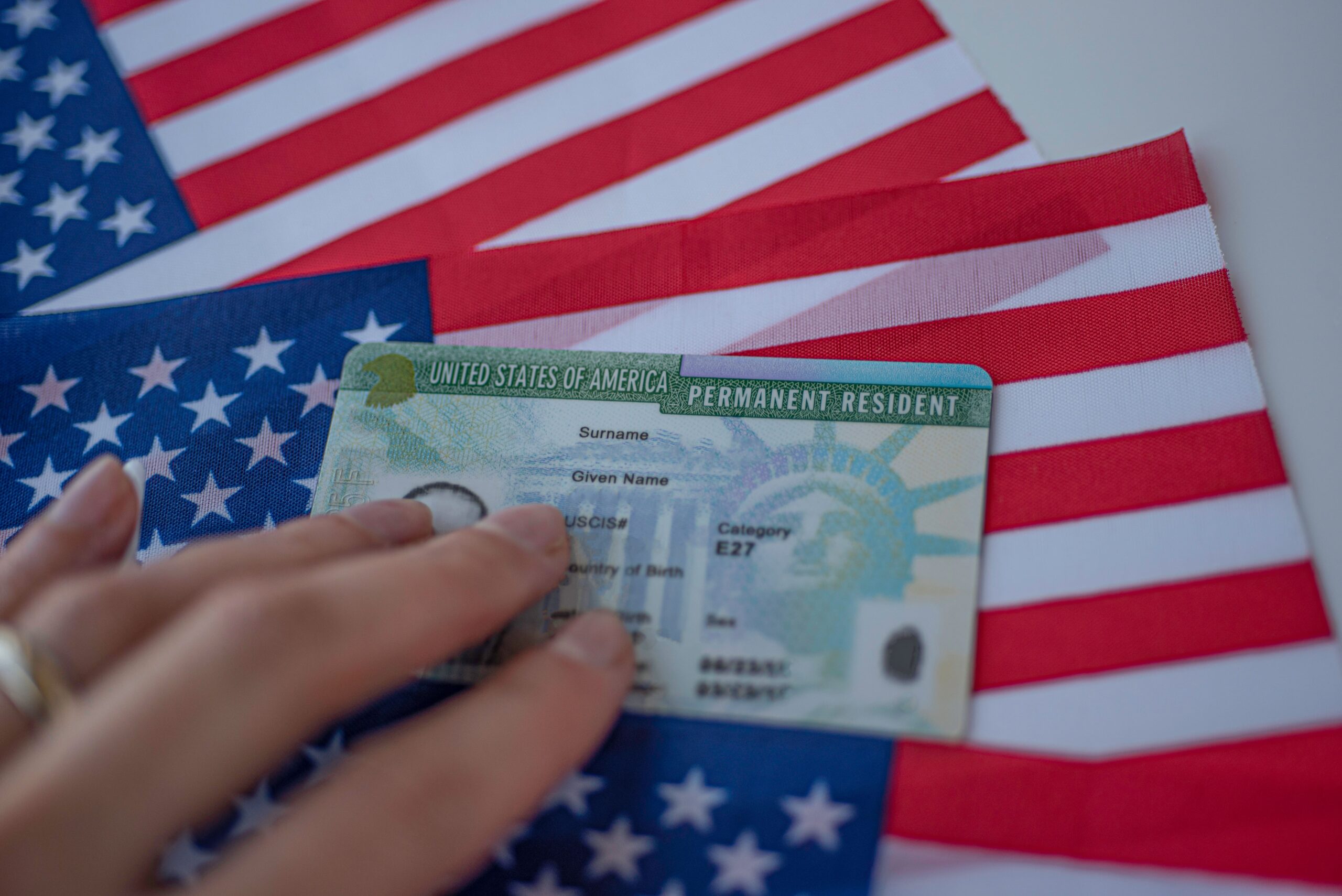The Violence Against Women Act (VAWA) is a crucial resource authorizing abused noncitizens who would qualify for family-based visas to petition for themselves. Meeting the VAWA requirements means proving you qualify for a green card and that the relative who could sponsor you has subjected you to battery or extreme cruelty.
Proving you meet the VAWA immigration requirements frequently involves talking about difficult and traumatizing experiences, so it’s best to select a lawyer with whom you are comfortable. The Law Office of Rosina C. Stambaugh can guide you through the VAWA application process and provide compassionate support every step of the way. Reach out today to learn more about how you can take control of your immigration status.
What Is VAWA?
One of the primary ways a noncitizen can obtain a green card is through family sponsorship—where the noncitizen is sponsored by a U.S. citizen or lawful permanent resident (LPR).
Unsurprisingly, individuals who abuse their noncitizen relatives frequently use the noncitizen’s immigration status against them. They may refuse to sponsor the noncitizen for a green card or threaten to withdraw an already-submitted application. This conduct can leave the noncitizen at the mercy of their abuser.
VAWA gives the noncitizen control over their immigration status. The law allows certain noncitizens to sponsor themselves so they do not have to rely on an abusive relative. Despite its name, VAWA is not limited to women—an abused noncitizen who meets the VAWA visa requirements can obtain a visa regardless of gender.
What Are the Requirements for VAWA?
Who qualifies for VAWA? To receive a VAWA visa, you must have:
- Qualified for citizenship through sponsorship by a relative who is a U.S. citizen or legal permanent resident (LPR),
- Been subjected to battery or extreme cruelty by that relative, and
- Previously lived or currently live with the relative.
Typically, you can only apply for a VAWA visa if you are in the U.S.
What Is a Qualifying Relationship?
Noncitizens may use the VAWA self-petition process if they are the:
- Spouse of a U.S. citizen or LPR,
- Child under 21 of a U.S. citizen or LPR, or
- Parent of a U.S. citizen.
This means VAWA includes immediate relatives and F2A visas.
What Are Battery and Extreme Cruelty?
Showing your relative committed battery or extreme cruelty against you frequently involves extensive details about the abuse. These topics may be difficult to discuss, so we strive to create a supportive, compassionate environment to give you the space and time you need to provide the necessary information.
Battery and extreme cruelty are defined by U.S. immigration law. They are broad and protective terms.
Battery
Battery typically involves offensive touching against a person without their consent, like:
- Spitting,
- Hitting,
- Kicking,
- Choking,
- Sexual abuse or exploitation,
- Forced prostitution, and
- Kidnapping.
Some actions may also qualify as battery if they are part of a pattern of violence, even if they do not appear violent in themselves.
Extreme cruelty
Extreme cruelty includes exercising power to isolate, humiliate, degrade, or coerce the target. Specifically, it may involve:
- Controlling the noncitizen’s economic activity;
- Threatening violence against the noncitizen or their children;
- Controlling where the noncitizen goes, who they see, and what they do;
- Threatening to have the noncitizen deported;
- Denying food, medical treatment, or contact with loved ones; or
- Threatening to remove a child from the noncitizen’s custody.
Other acts intended to create fear, compliance, or submission may also qualify, including actions directed at other people or things.
How Do You Request a VAWA Visa?
If you meet the VAWA self-petition requirements, you can request a determination that you qualify for a VAWA visa by submitting Form I-360, Petition for Amerasian, Widow(er), or Special Immigrant, to United States Citizenship and Immigration Services (USCIS). Along with Form I-360, you must submit evidence of:
- Your abusive relative’s immigration status (birth certificate, passport, green card);
- Your relationship to the relative (birth certificate, marriage certificate);
- A current or previously shared residence (leases, mortgages, utility bills); and
- The abuse or extreme cruelty you experienced (police reports, medical reports, affidavits).
If you struggle to access the necessary documents, you may provide reasonable alternatives.
How Do You Adjust Status on a VAWA Visa?
VAWA visas work on the same timeline as the underlying family-based petition the sponsor could have filed, including immediate relatives and F2A visas. Immediate relative visas are not subject to any yearly numerical issuance limitations, while F2A visas are.
As a result, you can request a green card when you submit Form I-360 if you are applying for VAWA based on your marriage to a U.S. citizen or as the child or parent of a U.S. citizen. You use Form I-485, Application to Register Permanent Residence or Adjust Status to request that USCIS issue you a green card.
If you are applying based on a relationship with an LPR, whether you meet the VAWA adjustment of status requirements yet depends on the Visa Bulletin. A visa must become available before you can adjust your status through Form I-485.
Get Help Understanding VAWA Immigration Requirements
VAWA is a powerful resource for noncitizens attempting to step out of an abusive relative’s control. Showing you meet the VAWA requirements can be challenging and uncomfortable, especially if you understandably struggle to discuss the details of the abuse.
Ultimately, obtaining a VAWA-based green card takes courage. The support of a compassionate, understanding immigration attorney may be just what you need to take control of your life. Contact the Law Office of Rosina C. Stambaugh today to learn more about how we can help you apply for a VAWA visa.






